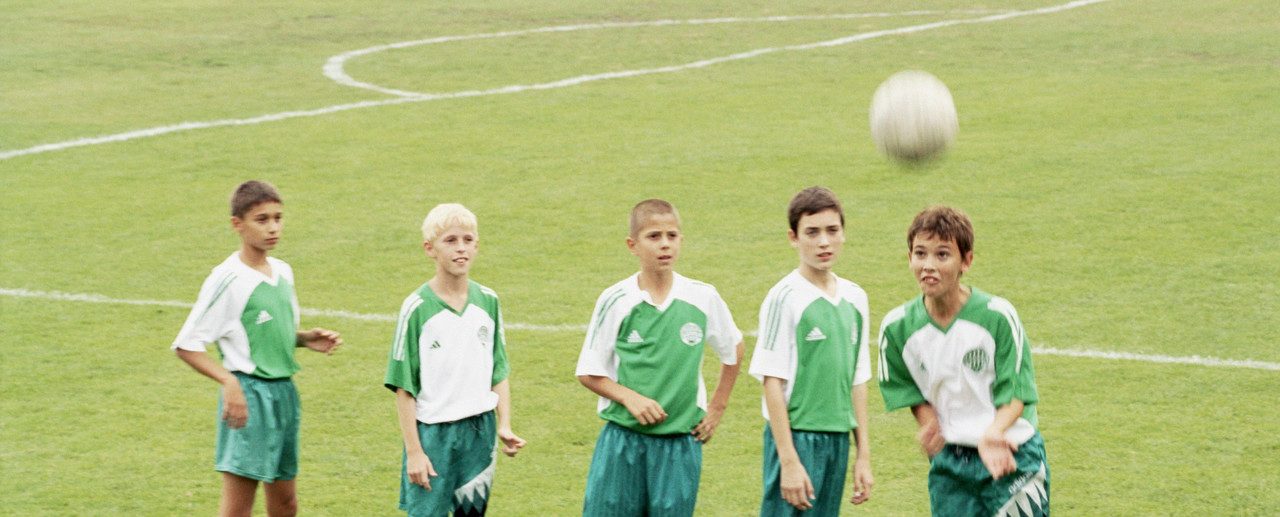February 23, 2018
How To Give Toddlers an Academic "Edge"

There is a palpable concern today with getting young children on the fast track to academic success. Reductions in opportunities for unstructured play — often a result of chasing precocious “academic” development — have trickled down to the toddler years, much to the chagrin of developmental experts.
The irony is that the best science not only supports the importance of play but also reveals that the highest level of cognitive activity occurs during child-driven activities that we might think of as being rudimentary. Studies have shown that toddlers are even more sophisticated than we imagined, and are in fact wired to engage in critical thinking and problem solving — invoking processes like testing ideas about “cause and effect,” figuring out how things work, and solving problems using divergent thinking — as they approach their physical world much like scientists.
YOU MIGHT ALSO LIKE: Has Childhood Become Too Stressful?
Here are three empirically supported principles that can be used to promote these high level cognitive foundations that really give kids a developmental edge as sophisticated thinkers.
Deeply engage multiple senses
Toddlers need to use all their senses. While that may seem obvious, it should be appreciated that combining their senses is a natural way for them to explore their environment, especially new and engaging objects. Any parent of a toddler has witnessed this. Young children love to touch, hold, and manipulate. They visually inspect things. They listen for sounds. They smell and, yes, taste objects. It’s not just the way they take in sensory information. It’s the primary way that they learn, as noted by leading developing scholars, who suggest that using play to explore with purpose is the most important mode of learning in the toddler years. All of those activities that used to be a regular part of a toddler’s day — whether it’s on the playground, in the backyard, or in the house playing with blocks and molding clay — foster multisensory exploration and integration.
Model exploration rather than instruction
The world offers many opportunities for toddlers to explore new things, examine cause and effect, and learn how stuff works. A number of research studies are showing that adults can actively support this critically important process. The key is to model exploration rather than deliver instruction. Consider the general format used in this research. Toddlers come into a university laboratory and are presented with some type of new, complex object that looks like it may do interesting things — but it’s not obvious how it works. Some toddlers are with an adult who describes the object, what it does, and in principle how it works. Other toddlers watch as adult simply models curiosity (e.g., “I wonder what this does?”) and physical exploration (e.g., pushing a level to see what happens). The toddlers exposed to exploration, rather than explanation, engage in much more direct exploration of the object and show a better understanding of what it does.
Encourage explanation
Current studies support the idea that toddlers who are encouraged to explain their thinking go on to engage more deeply in learning. Explanation helps them “connect the dots” in their mind of what they are observing and processing, in terms of cause and effect. It can also help stimulate what developmental researchers call “counterfactual reasoning” — the mental process of “if-then” thinking and considering ways of solving problems.
The emphasis on critical thinking and problem solving by thought leaders in education comes from the recognition that the deepest learning requires these skills. They come into play when studying all academic subjects and provide the cognitive basis to work through mathematics, history, and English. They are the basis for scientific inquiry. And as toddlers are primed to flex their rapidly developing cognitive skills, using play as the platform is a natural way to let them be the critical thinkers and problem solvers they are meant to be.


